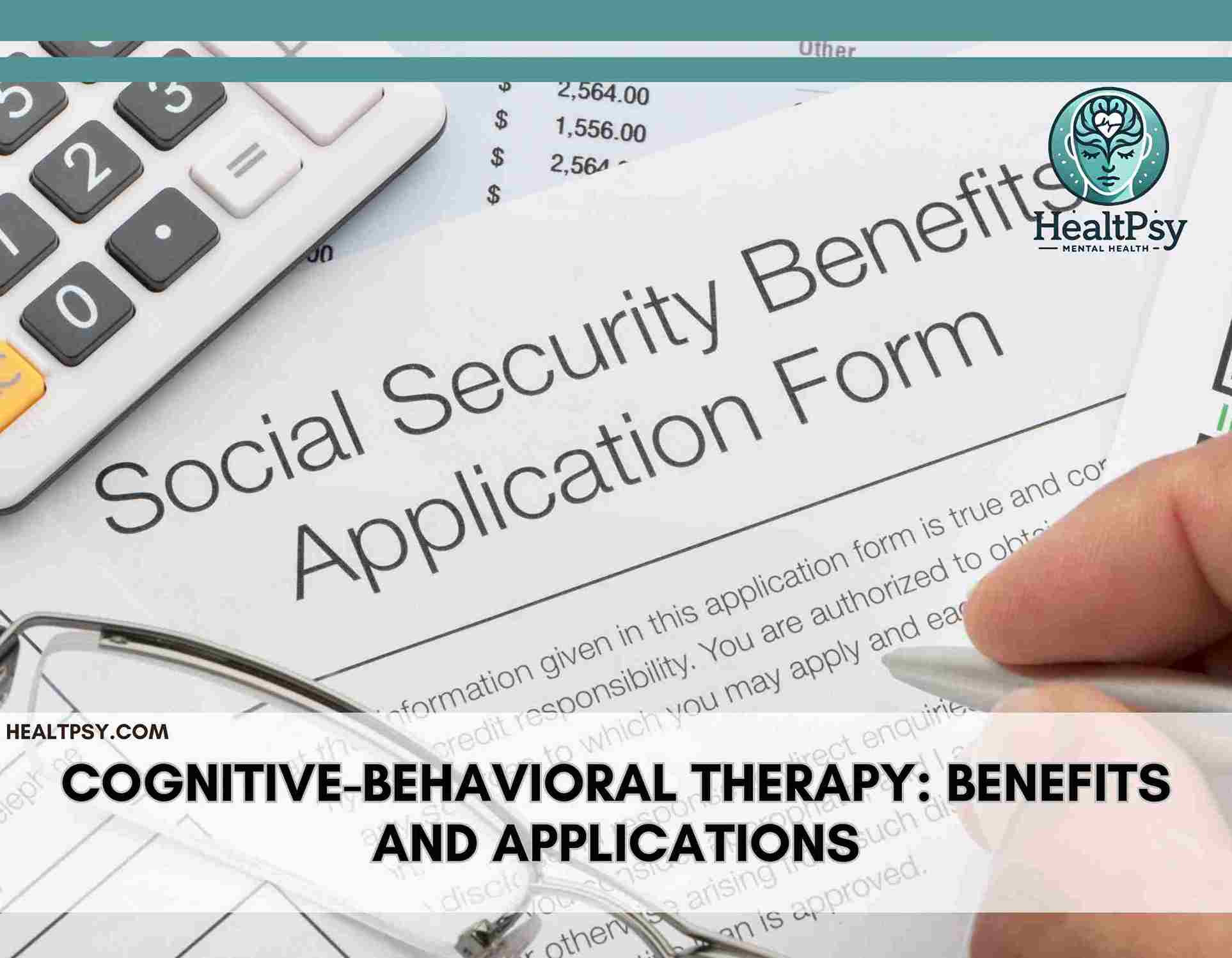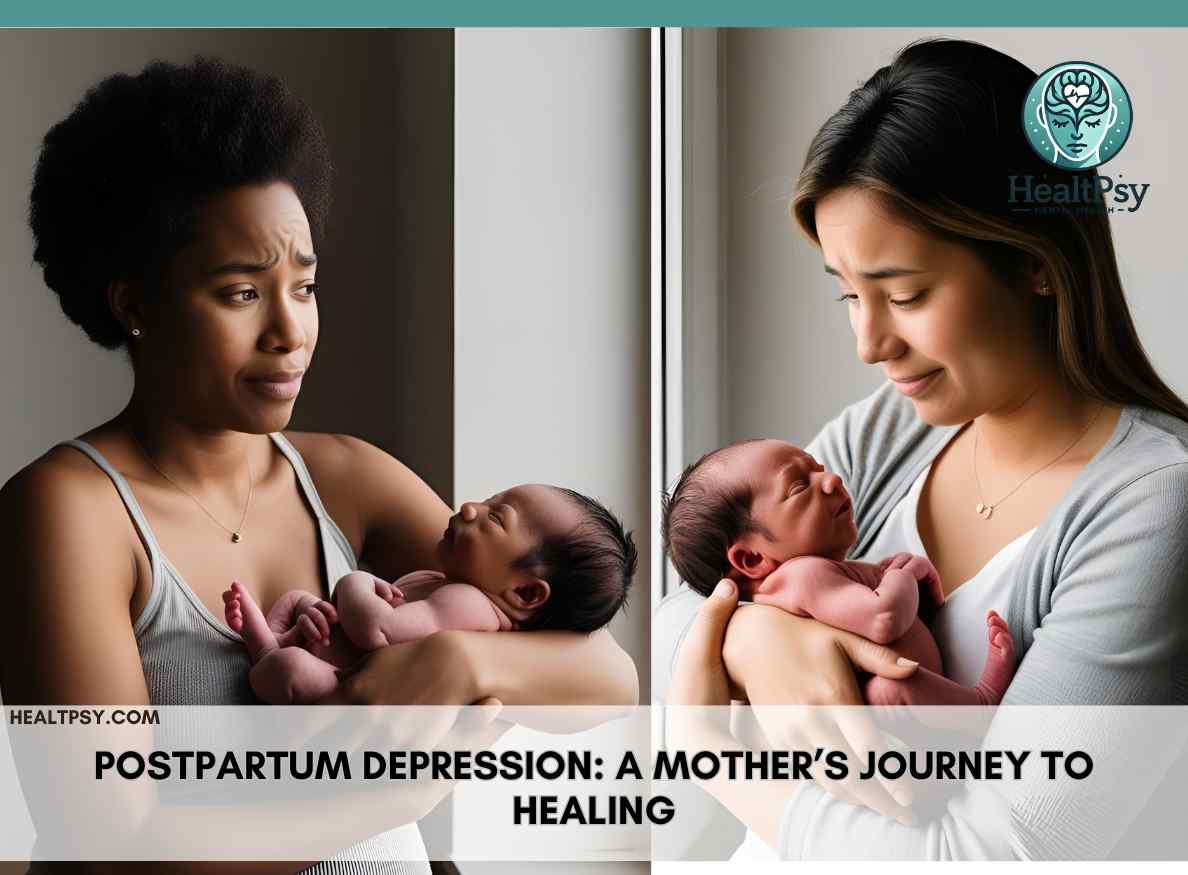Cognitive-Behavioral Therapy: Benefits and Applications
Introduction
Cognitive-Behavioral Therapy (CBT) is a highly effective, evidence-based psychotherapy approach focused on identifying and modifying negative thought patterns and behaviors. This article explores the 7 key benefits and applications of CBT, helping individuals improve their mental well-being.
Benefits of Cognitive-Behavioral Therapy
Cognitive-Behavioral Therapy offers several benefits that make it a preferred choice for addressing mental health issues:
- Effective for Various Disorders: CBT is proven to manage anxiety, depression, PTSD, and OCD effectively.
- Short-Term and Goal-Oriented: Most CBT programs are structured and results-driven, lasting 10 to 20 sessions.
- Empowers Individuals: CBT teaches practical, long-lasting self-help strategies to maintain progress.
- Evidence-Based: Extensive research supports its effectiveness, making it one of the most trusted therapies.
- Customizable: Therapists tailor CBT to fit individual needs and personal goals.
Applications of Cognitive-Behavioral Therapy
CBT is versatile and widely applicable across various mental health challenges:
1. Treating Anxiety and Depression
Cognitive-Behavioral Therapy (CBT) is particularly effective in managing anxiety and depression, two of the most common mental health conditions globally. These disorders often stem from distorted thought patterns that influence emotions and behaviors negatively. For instance, individuals with anxiety might experience “catastrophizing,” where they perceive situations as far worse than they actually are, leading to overwhelming fear and avoidance behaviors. CBT addresses these cognitive distortions by helping individuals identify, analyze, and reframe negative thoughts.
In cases of depression, CBT works to combat feelings of hopelessness and worthlessness. Many individuals with depression struggle with thoughts like “I’m a failure” or “Nothing will ever get better.” Therapists use structured techniques to challenge these beliefs and replace them with more balanced, positive perspectives. Activities like behavioral activation—encouraging clients to engage in enjoyable or meaningful tasks—are also integral to breaking the cycle of inactivity and low mood associated with depression.
Furthermore, CBT equips clients with practical tools such as relaxation techniques, mindfulness, and journaling. These strategies not only alleviate symptoms but also build emotional resilience, empowering individuals to handle future challenges effectively. Whether in individual or group settings, CBT provides a supportive framework for clients to regain control over their mental health and improve their overall quality of life.
Finally, research shows that CBT’s structured approach can achieve lasting results in as few as 10 to 20 sessions, making it a time-efficient choice for those seeking practical solutions. Its flexibility and adaptability also allow therapists to tailor treatment to each individual’s unique needs, ensuring a personalized pathway to recovery.
2. Managing Stress
Stress management is a core application of CBT. By identifying triggers and adopting relaxation techniques, individuals can minimize the harmful effects of chronic stress.
3. Overcoming Trauma
CBT helps individuals process traumatic experiences safely through techniques like exposure therapy and cognitive restructuring, reducing symptoms of PTSD.
4. Improving Relationships
CBT enhances interpersonal relationships by teaching effective communication skills, conflict resolution, and boundary setting.
5. Supporting Addiction Recovery
CBT plays a crucial role in addiction recovery by addressing underlying behaviors and developing relapse prevention strategies.
6. Enhancing Self-Esteem
CBT challenges self-critical thoughts and fosters a healthier self-image, empowering individuals with confidence and resilience.
Conclusion
Cognitive-Behavioral Therapy is a transformative approach that equips individuals with practical tools to overcome mental health challenges. Its structured, evidence-based methods ensure lasting results across a variety of conditions. If you’re exploring therapy options, CBT may be the key to unlocking a healthier, more fulfilling life.
References
- American Psychological Association – CBT
- National Institute of Mental Health – Psychotherapies
- Understanding Therapy Options
you might also like





